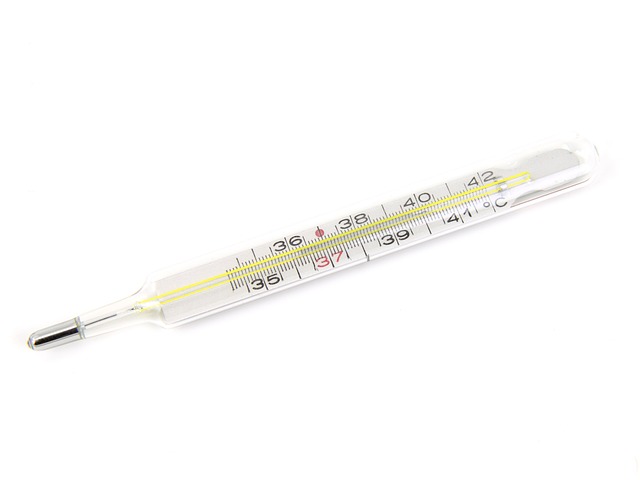Warning signs of severe dengue (also known as dengue hemorrhagic fever) are important to recognize, as this form of the disease can be life-threatening. If you or someone you know is experiencing any of the following warning signs during a dengue infection, seek immediate medical attention:

Warning Signs of Dengue Fever
1. Severe Abdominal Pain: Intense and persistent abdominal pain can be a sign of severe dengue. This pain is often described as severe and can be accompanied by tenderness.
2. Persistent Vomiting: Repeated episodes of vomiting that are continuous and severe are a concerning symptom.
3. Bleeding: Any signs of bleeding are a red flag. This may include bleeding from the gums, nosebleeds, or easy bruising. In severe cases, there may be internal bleeding, which can manifest as black, tarry stools or blood in vomit.
4. Rapid Breathing: Rapid or difficult breathing can indicate respiratory distress, which is a serious complication of severe dengue.
5. Fatigue or Restlessness: An extreme feeling of tiredness and weakness can be a warning sign. Restlessness or agitation may also be observed.
Also Read: What are the signs and symptoms of dengue
What to eat and drink in Dengue Fever
It’s crucial to remember that severe dengue can develop rapidly, and early recognition and medical intervention are essential to improve outcomes. If you or someone you know experiences these warning signs, do not delay seeking medical care. Hospitalization may be necessary for close monitoring and treatment, which may include intravenous fluids and other supportive measures. Dengue can be a serious illness, and prompt medical attention can make a significant difference in recovery.
If you or someone you know is experiencing symptoms of dengue fever and, especially, if you notice any warning signs of severe dengue (dengue hemorrhagic fever), it’s crucial to take the following steps:
1. Seek Medical Attention Immediately: Contact a healthcare professional or visit the nearest healthcare facility or hospital as soon as possible. Do not delay seeking medical care, as early intervention can be life-saving.
2. Do Not Self-Medicate: While at home, avoid taking over-the-counter medications without a doctor’s guidance, as some medications like non-steroidal anti-inflammatory drugs (NSAIDs) and aspirin can worsen bleeding in dengue cases.
3. Stay Hydrated: In the meantime, focus on staying well-hydrated. Drink plenty of fluids, such as water or oral rehydration solutions (ORS), to prevent dehydration. Hydration is crucial in dengue cases.
4. Rest: Rest is essential for recovery. Ensure the affected person gets plenty of rest to help the body fight the infection.
5. Monitor Symptoms: Keep a close watch on the symptoms and any changes in condition. Note the onset and progression of symptoms, especially if warning signs like severe abdominal pain, bleeding, or rapid breathing develop.
6. Follow Medical Advice: Once at the healthcare facility, follow the advice and treatment prescribed by healthcare professionals. Treatment may include intravenous fluids, pain relief, and close monitoring of blood counts.
7. Prevent Mosquito Bites: While recovering, continue to protect yourself from mosquito bites to prevent further transmission of the virus. Use mosquito repellent, wear long sleeves and pants, and use mosquito nets or screens if available.
8. Notify Authorities: Report the case to local health authorities if required, as dengue is a notifiable disease in many regions.
Remember that early medical intervention is essential, particularly if severe dengue is suspected. Dengue can progress rapidly, so don’t hesitate to seek immediate medical attention if you or someone you know is experiencing symptoms of the disease.


1 thought on “Warning Signs of Dengue Fever”